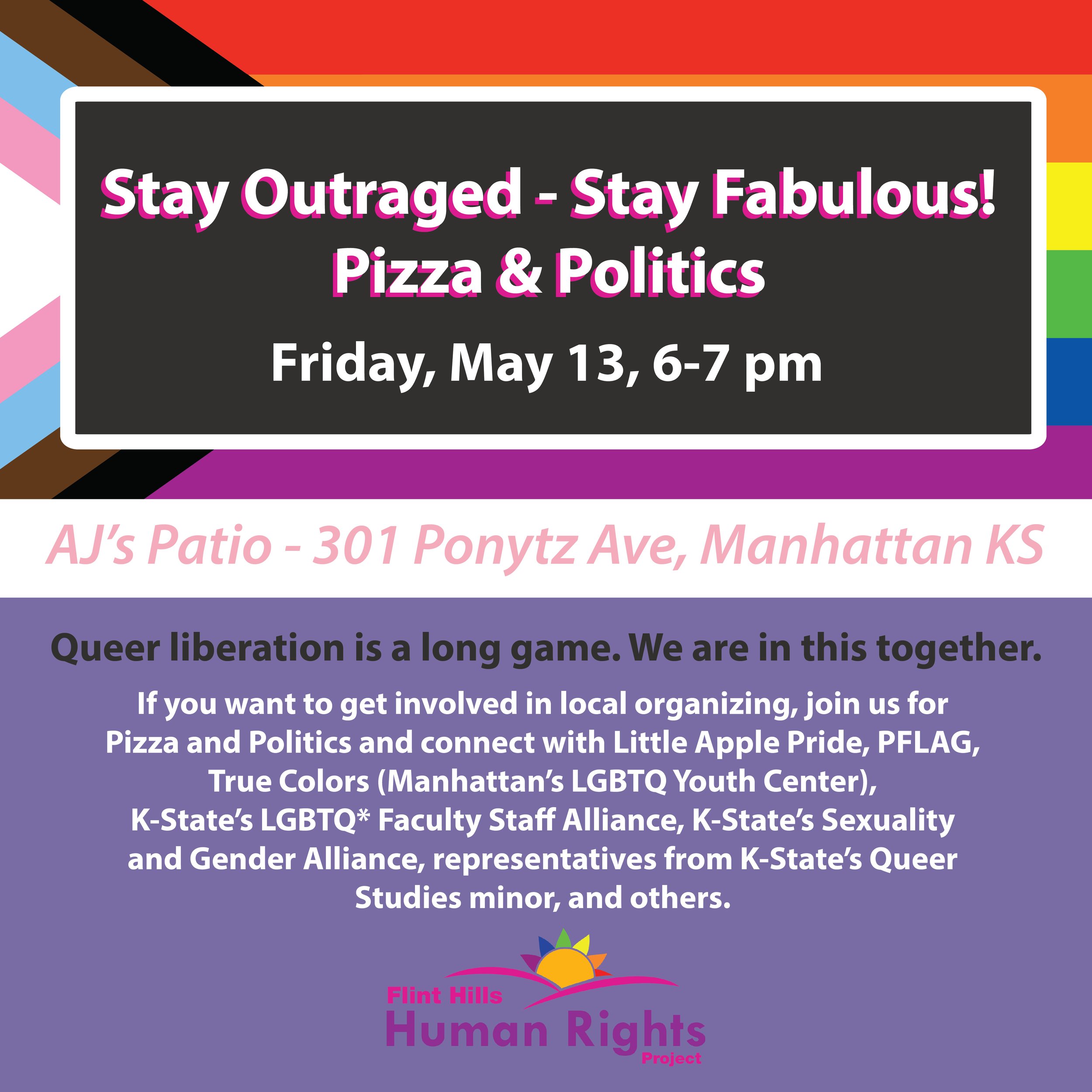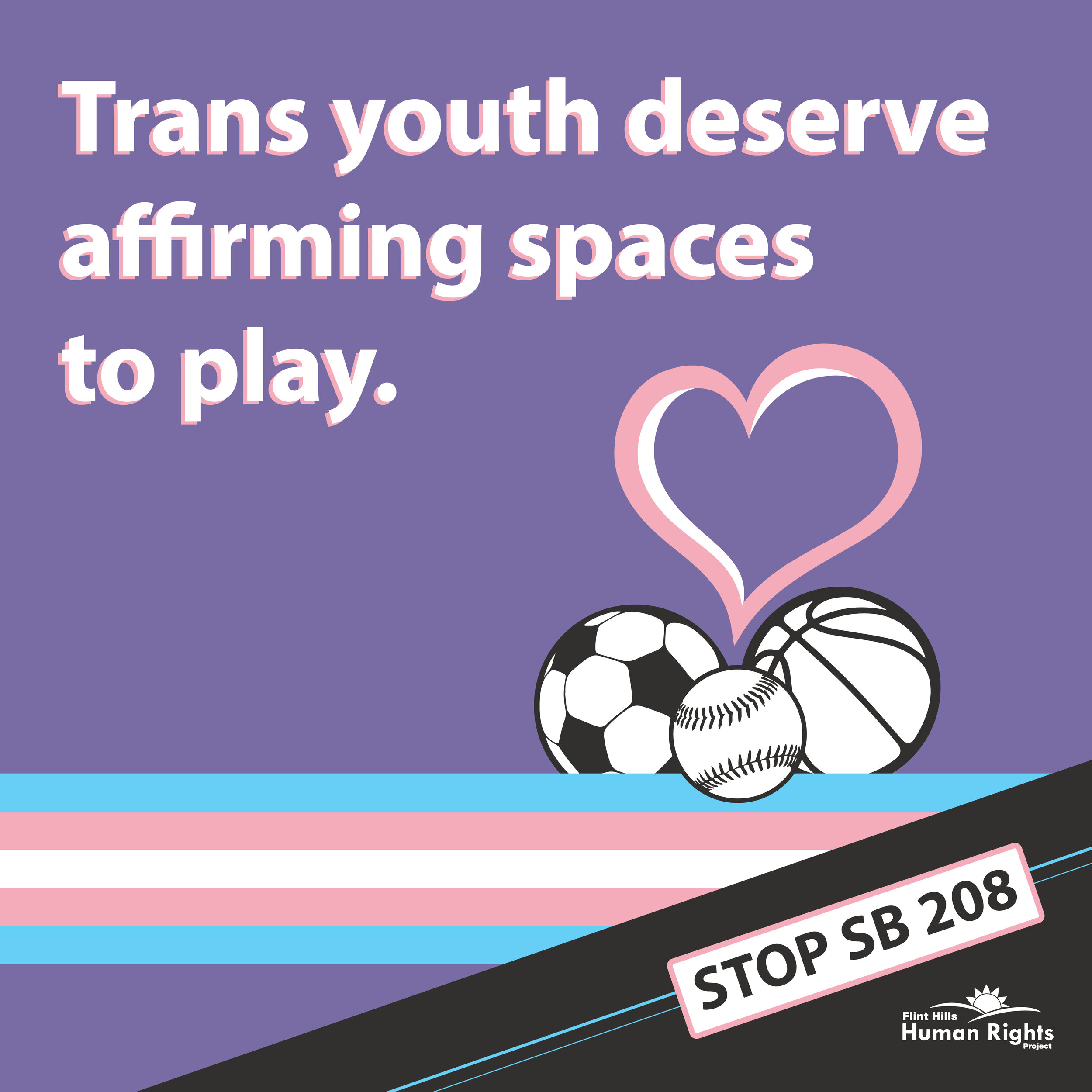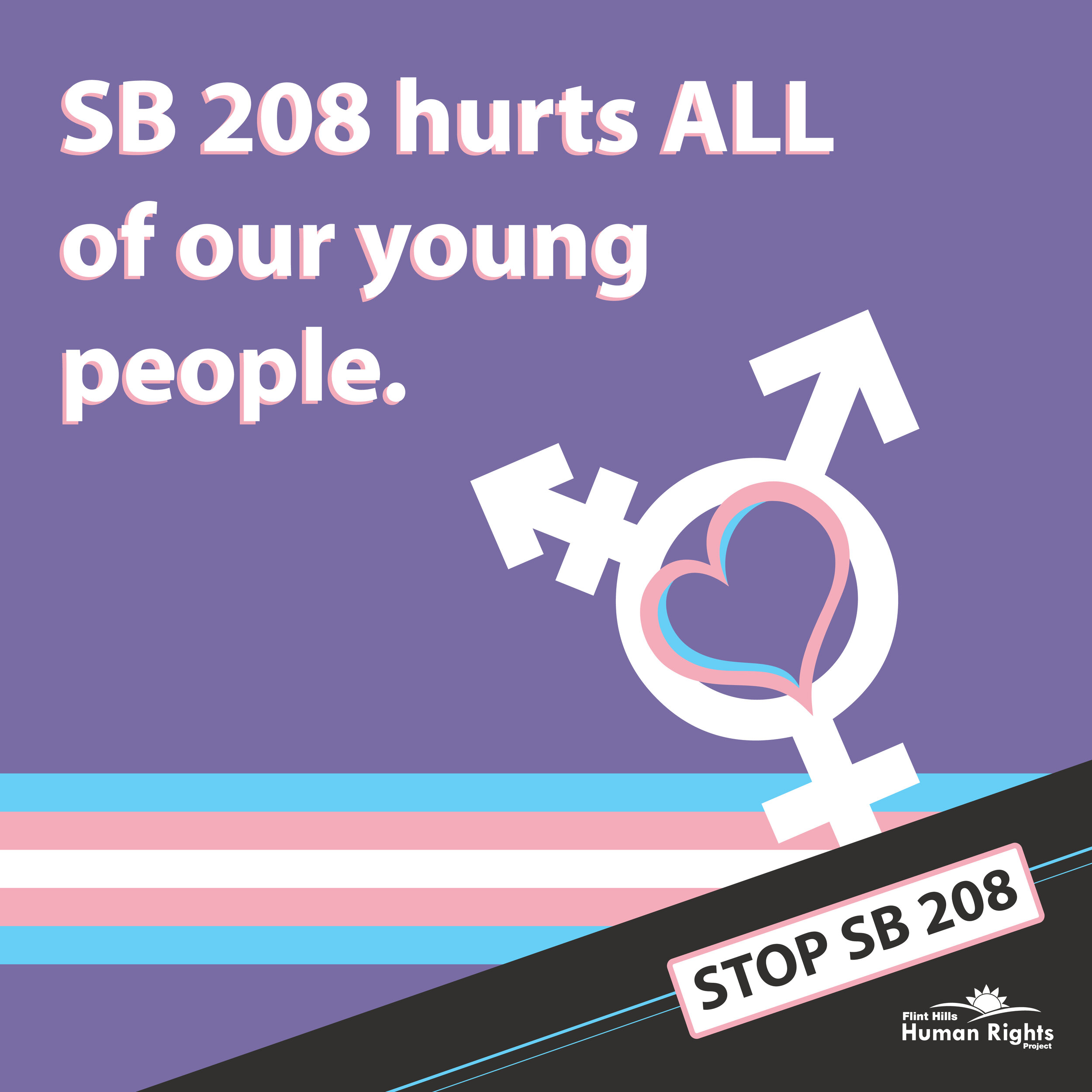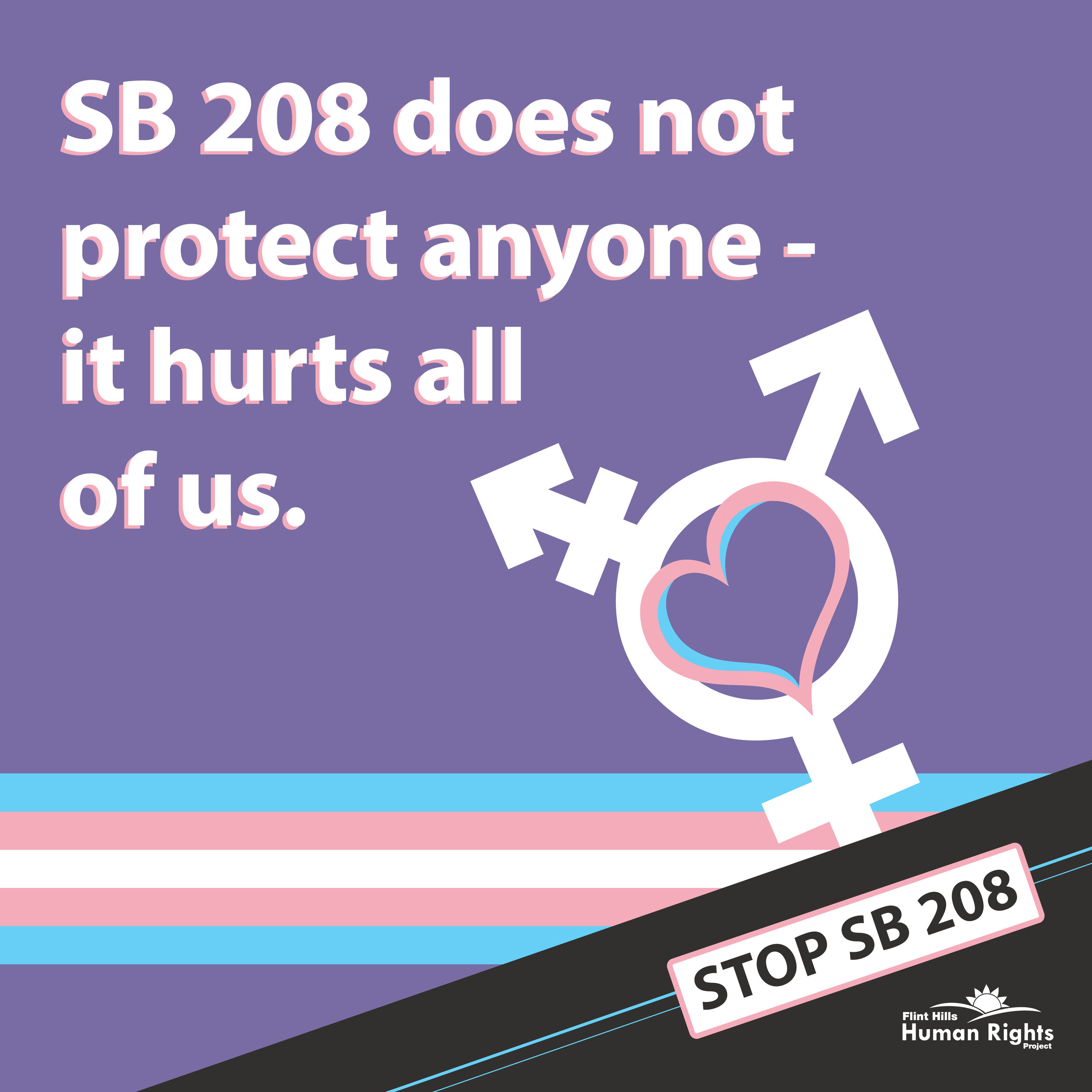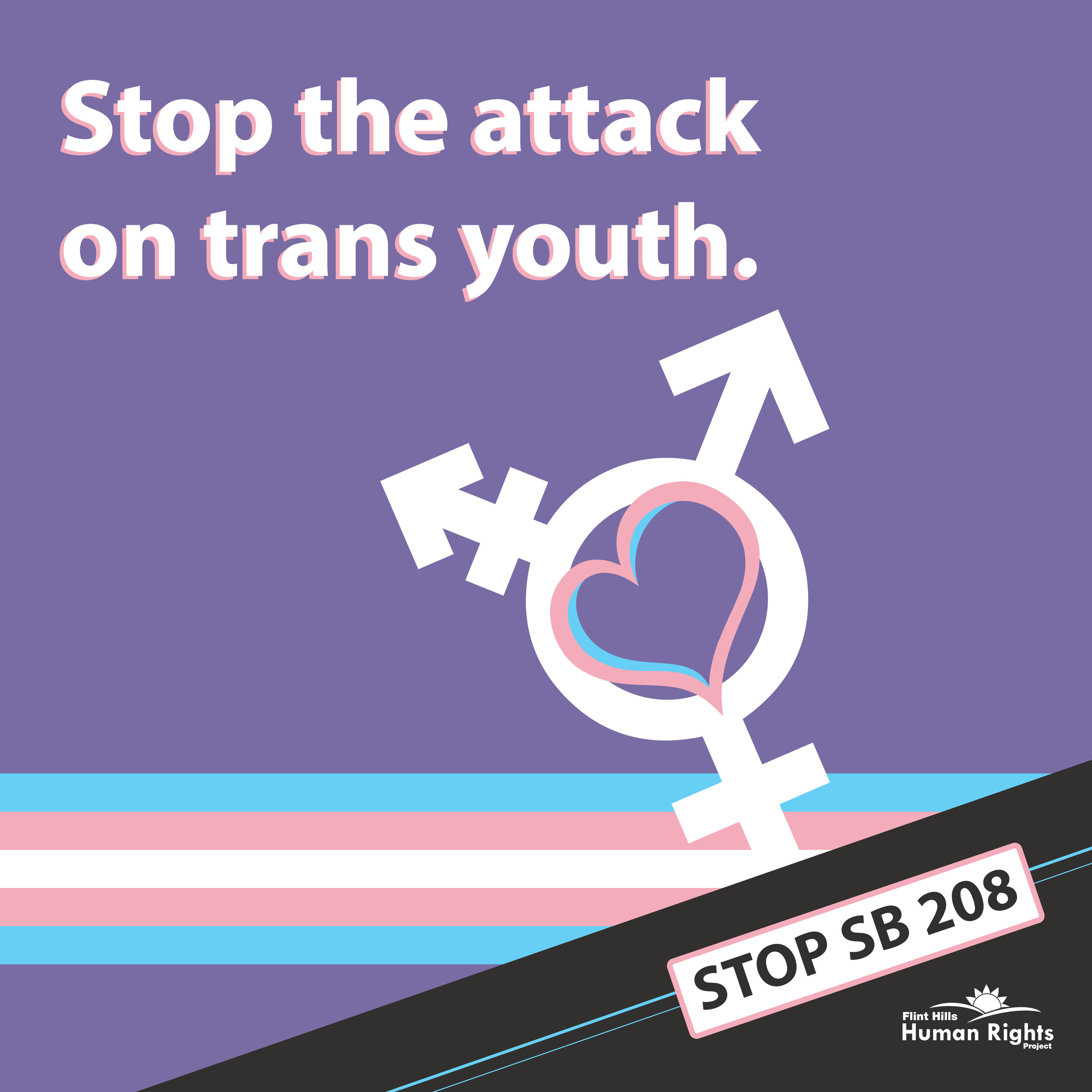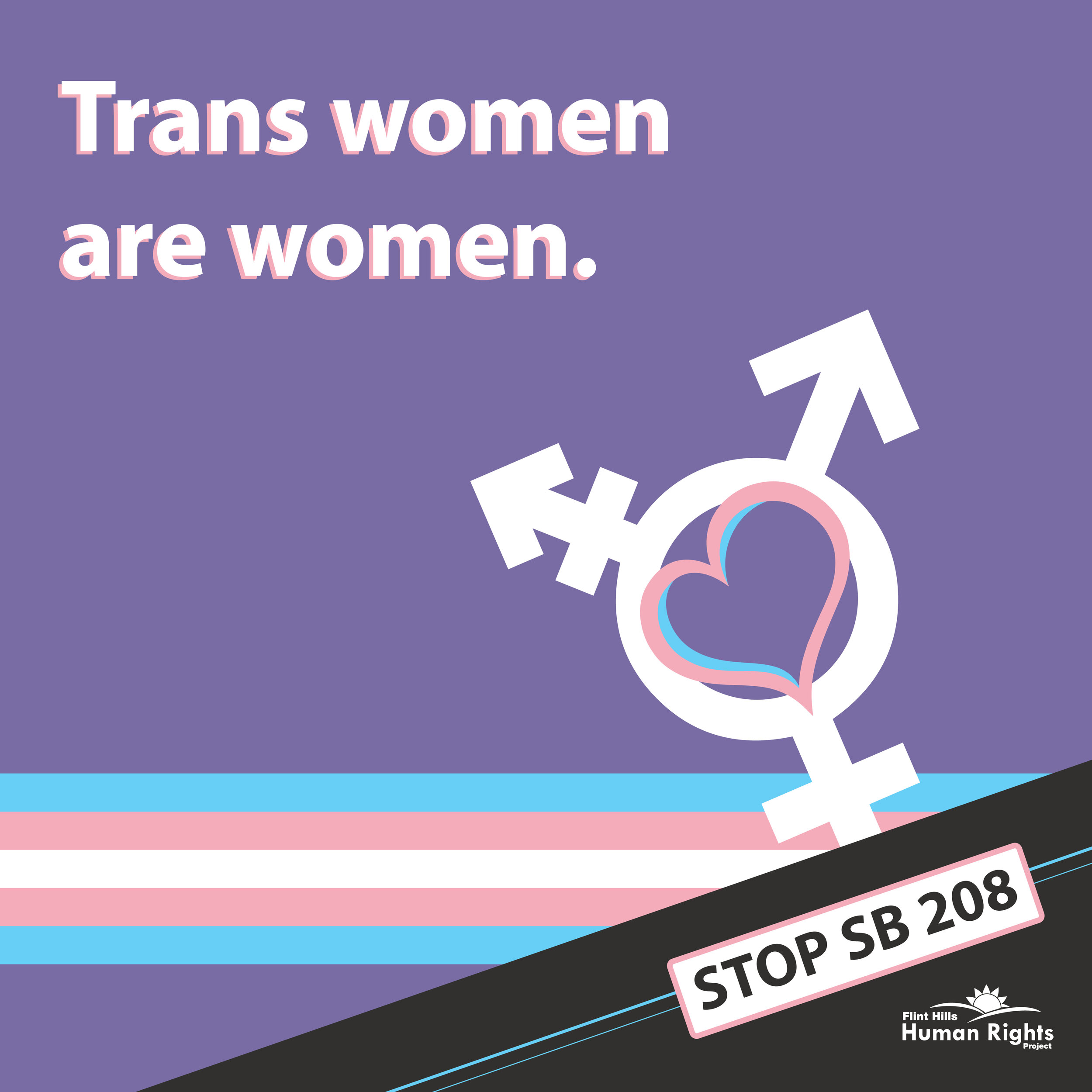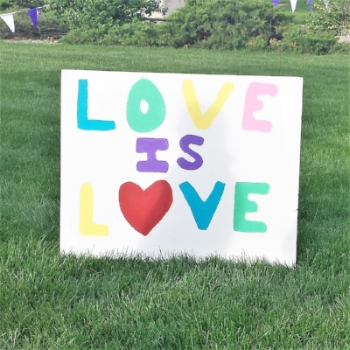Nearly 50 years ago Roe v. Wade legalized abortion nationwide in the U.S. In a 98-page document published by Politico on Monday May 2nd, labeled “1st Draft” as an opinion of the Court allegedly written by Justice Alito, the public learned some of the first thoughts of the majority opinion in Dobbs v. Jackson Women’s Health Organization. The Dobbs v. Jackson case challenges Mississippi’s ban on abortion after 15 weeks and the draft opinion suggests that the Supreme Court has found that not only is such a ban legal, but that Roe v. Wade was decided wrong, and has overturned it. A lot is at stake in this case. Here are the major points to be aware of as we continue to learn more about the devastating contours of this potential decision in Dobbs v. Jackson:
1. Overturning Roe v. Wade’s abortion access protections. Since Roe was decided court decisions have chipped away at abortion access, from allowing protesters to harass those seeking this medical procedure, to requiring factually inaccurate “education,” to state enforced waiting periods, to parental consent and spousal notification laws. Part of overturning Roe in this decision would give complete authority to decide abortion rights back to individual states. This means that people with uteruses right’s will be determined based on where they live. Without federal protections, states can pass full or partial bans on abortion and it will be the most marginalized that face dire consequences. What we know, is that people of color, trans men, non-binary folks, Indigenous populations, those living at or close to the poverty line, sexual assault survivors, and those who exist at the intersection of those identities will be the most adversely impacted by this.
2. The decision overturns Roe based on narrowing people’s “right to autonomy” and that implicates other decisions and the rights they protect that will hurt the queer community. Lawrence v Texas (2003), which banned laws against sodomy and protected consensual private sex acts from state prosecution and Obergefell v. Hodges (2015), which granted the right to marry a person of the same sex, are both cited within the opinion as “too much” and potentially affording “fundamental rights to illicit drug use, prostitution, and the like.” The opinion goes on to argue that “None of these rights has any claim to being deeply rooted in history” (p. 31). The concern is this decision lays the ground work for making queer sex criminally prosecutable again, same-sex marriage up to individual states, birth control at best regulated, at worst, banned for so many that need it for a variety of medical needs.
3. People with uteruses are considered the property of men, not their own person with inalienable rights by this opinion. No one should have the right to use our bodies against our will. Bodily autonomy is at the core of human liberty. Yet, the precedents cited in the opinion as having the proper historical foundations are British Common Law. This includes a treatise by Jurist Sir Matthew Hale titled “Pleas of the Crown!” in which he argues that rape in a marriage is impossible because men are entitle to their wive’s bodies and wives having married their husbands can never revoke consent.* Women are the property of men. Thus, the logical leap is that abortion is a crime because it is destroying the property of the husband/inseminator, the pregnant person is without liberty or rights. Those with uteruses become less human with this decision. Other precedents make it clear that people cannot be compelled to give blood, have their organs harvested, or be medically experimented on without their explicit consent, even if another person will die without such intervention. Yet, because pregnancy is unique to those seen historically as chattel, it is being re-codified into law.
*Hale writes: “For the husband cannot be guilty of a rape committed by himself upon his lawful wife for by their mutual matrimonial consent and contract the wife hath given up herself in this kind unto her husband which she cannot retract.”
4. This is not new. The U.S. has a long history of controlling people with uteruses’ reproduction—both coercing us and destroying our ability to have children. This includes: forcing enslaved Black and brown people with uteruses to bare children often through rape for the economic profit of slave holders; eugenic pressure on “white women” to have numerous children to prevent the elimination of the white race; genocidal sterilization programs that targeted people of color, Indigenous folks, and people with disabilities in order to eliminate such populations from future society, with these medical procedures happening without their consent often as children; forcing trans men to get sterilized to legally change their gender markers on legal documents; making healthcare unaffordable for poor people so treatable medical conditions become life-threatening, sterilizing, or fatal based on economic status; pairing social welfare programs with sterilization requirements; destroying intersex people’s ability to have children by engaging in legally sanctioned genital and surgical mutilation when they are too young to consent; taking children away from parents that test positive for substance use; forcing undocumented pregnant people to give birth against their will while in U.S. detention facilities even though their right to an abortion was ostensibly legally protected; and so many other examples of violating our bodily autonomy. Ours is a history of violation, not protection. Relying on precedent is the problem, not the solution. We need a new understanding of rights and bodily integrity if we are to usher in a future in which we all are able to access the full measure of our humanity.
What can we do to protect each other and our community?
1. Mutual Aid. Queer community has a beautiful history of centering chosen family. In building the families we want and deserve, we show-up for each other’s core needs without the condition that we ever shrink our authentic selves. Mutual Aid takes that model and applies it society-wide. We can show-up for each other—in the streets to demand change, in our daily lives to make sure folks have access to food, healthcare, shelter, and bodily autonomy. Where the State fails, we can protect each other. To access mutual aid or to help participate in mutual aid, click here: https://northviewrising.org/mutual-aid-mhk
2. Register to vote. There are far more of us that believe in the full humanity of women and queer folks, but too few of us vote. Register to vote here, and let’s shift who makes the decisions and how rights are afforded: https://www.kdor.ks.gov/apps/voterreg/default.aspx
3. Vote Aug. 2 to prevent the passage of a constitutional amendment that would allow Kansas to ban abortion in the state. Kansas lawmakers have tried to limit abortions before in our state. However, in 2019 in a 6-1 ruling the Kansas Supreme Court interpreted Section 1 and 2 of the Kansas Bill of Rights within the Kansas Constitution as protecting abortion as a fundamental right. We are presently facing a state-wide vote on a constitutional amendment August 2nd that would clarify there is no Kansas constitutional right to abortion or requirement for the government to fund abortions. This amendment would allow state legislators the ability to control access to abortion, including banning access to the procedure entirely. We need as many no votes as we can get!
Important local deadlines:
June 1 at 12 p.m. (noon): Primary declaration changes for Democrat and Republicans. Unaffiliated may affiliate at any time.
July 12: Voter registration deadline. If there is an address change, you must update your voter registration.
July 13: Advance voting begins.
For those in Riley County: You may advance vote in the Riley County Clerk’s office or you can complete an advance application and have the ballot mailed to your residence. If you already have completed an advance application, it will be mailed starting July 13. Advance voting applications are available at the Riley County Clerk’s office Hospitality Desk located at 110 Courthouse Plz, Manhattan, KS 66502.
For those in other areas: Other counties have different deadlines. See your County Clerk’s website for details.
July 26: Last day to request a mail-in ballot for the Primary Election.
Aug. 1: Advance voting at the County building (110 Courthouse Plz, Manhattan, KS 66502) closes at 12 p.m. (noon)
Aug. 2: Primary Election polls open from 7 a.m. to 7 p.m.
4. Run for Office. Get into positions of power. We need smart, capable, politically savvy, fabulous queers in power making decisions. We need you on our School Boards, in our State Legislators, in our County DA’s offices, and as local, state, and federal Judges. We need you everywhere decisions are being made. It is revolutionary for queer folks to take-up space in a world that thinks we are disposable. We need to be the ones to protect each other and all those who would be harmed by abuses of power. If we work in coalition, all oppressed peoples will have a brighter future, together.
5. Vote for and support lawmakers working to end the Congressional Filibuster. For Congress to codify abortion access, anti-discrimination laws, and healthcare protections they need to be able to pass laws with only 50 votes. Right now they need 60 to override a filibuster. Without ending the filibuster few if any laws can be passed.
6. Organize to:
a. End Prison Gerrymandering. So many of our queer siblings end up in prison because they are kicked out of their family of origin’s homes, engage in survival economies that have been criminalized, have been subjected to the foster care to prison pipeline, or have been targeted for police harassment and increased criminal punishment because of their queerness. Once incarcerated, the census counts prisoners toward the total population of a prison town, but so many with felonies are not allowed to vote. This means that conservative prison towns have disproportionate political representation at the state level, using the bodies of our incarcerated siblings to do so. We need to fight the criminal punishment system and prison Gerrymandering that uses so many of our bodies to maintain its power.
B. Pass The Equality Act (HR 5). Right now, queer folks rely on a specific interpretation of the 1965 Civil Rights Act by the courts that sees prohibitions on discrimination on the basis of “sex” as covering sexual orientation and gender identity. If as this opinion signals, the U.S. Supreme Court is leaning toward not interpreting “sex” to include sexual orientation and gender identity, we need a federal law that explicitly marks those as protected categories.
c. Pass the Women’s Health Protection Act. HR 3755 is Federal legislation that protects “a person’s ability to determine whether to continue or end a pregnancy, and to protect a health care provider’s ability to provide abortion services.”

